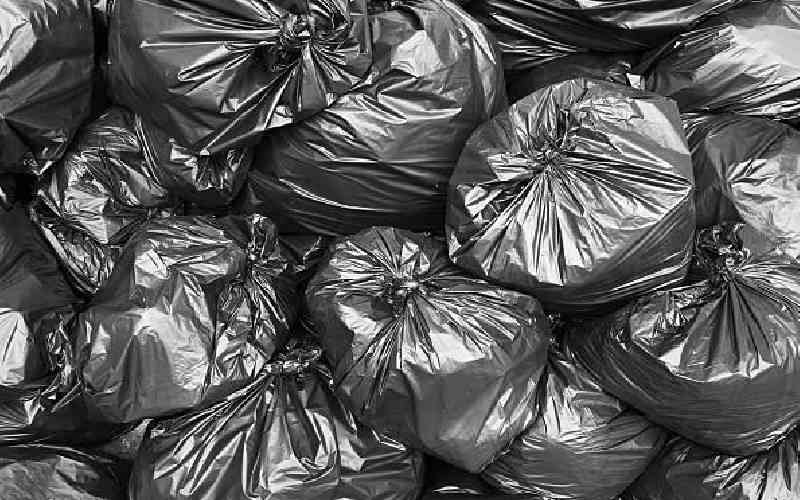×
The Standard e-Paper
Fearless, Trusted News

Failing to sort wastes will cost you Sh20,000 starting next month or imprisonment not exceeding six months or both.
In a move aimed at reducing littering, illegal dumpsites, resource wastage, and greenhouse gas emissions, NEMA will enforce new stringent waste disposal guidelines set to take effect next month.